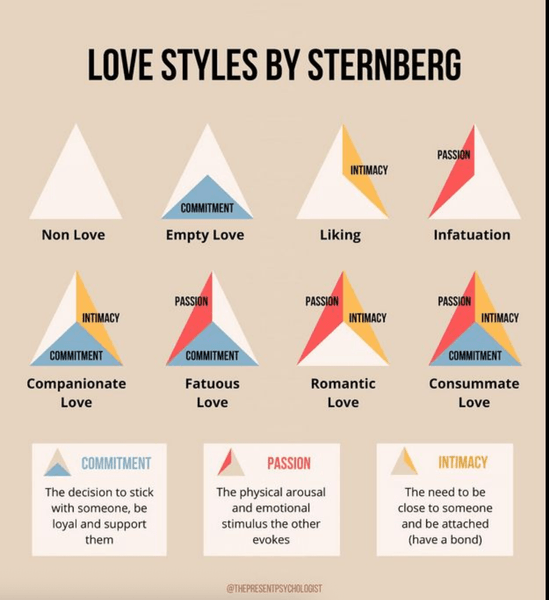Sublime
An inspiration engine for ideas
Robert Sternberg writes about successful intelligence,9 which he considers to be a composite of academic or analytical intelligence, creative intelligence and practical intelligence. Analytical intelligence refers to the ability to solve
Bill Lucas • New Kinds of Smart
intelligence is not one-dimensional,
Christopher Bugaj • The New Assistive Tech: Make Learning Awesome for All!
Rather than eight intelligences, Sternberg’s model proposes three: analytical, creative, and practical.
Henry L. Roediger III • Make It Stick
Robert Sternberg’s triarchic theory of intelligence
Ernest Davis • Rebooting AI: Building Artificial Intelligence We Can Trust
Integrity is assuredly not an easy thing to define because it is so individual at its core, yet it is perhaps the single most essential quality needed by a leader. Integrity is about the beliefs, attitudes, and behaviors that go into how we make decisions, how we conduct ourselves in our day-to-day lives, who we are in the workplace and at home.
David Falkner • Russell Rules: 11 Lessons on Leadership from the Twentieth Century's Greatest Winner

Howard Gardner (developmental psychologist) on 7 Types of Leadership that can help understand the way different people think:
Linguistic: ability to speak and write well
Logic-mathematical: ability to use logic and mathematical skills to solve problems
Spatial: ability to think and reason about objects in three dimensions
Musical: ability to perform
Trustworthy Leaders - Tasshin
The five skills, in the author's words, are cross-cutting, collaborating, coaching, culture shaping, and connecting.
Cross-cutting: developing networks that extend to a diversity of people,
Collaborating: fostering psychological safety to increase team performance,
Coaching: having critical conversations that develop others’ potential,
Culture shaping: